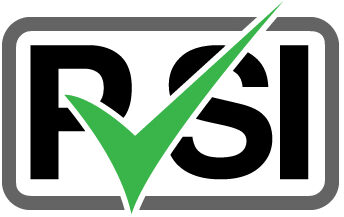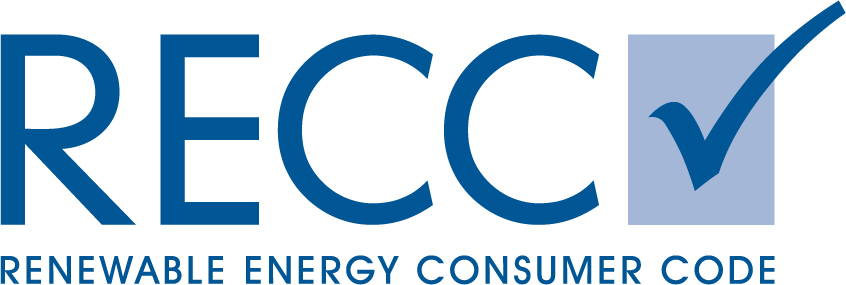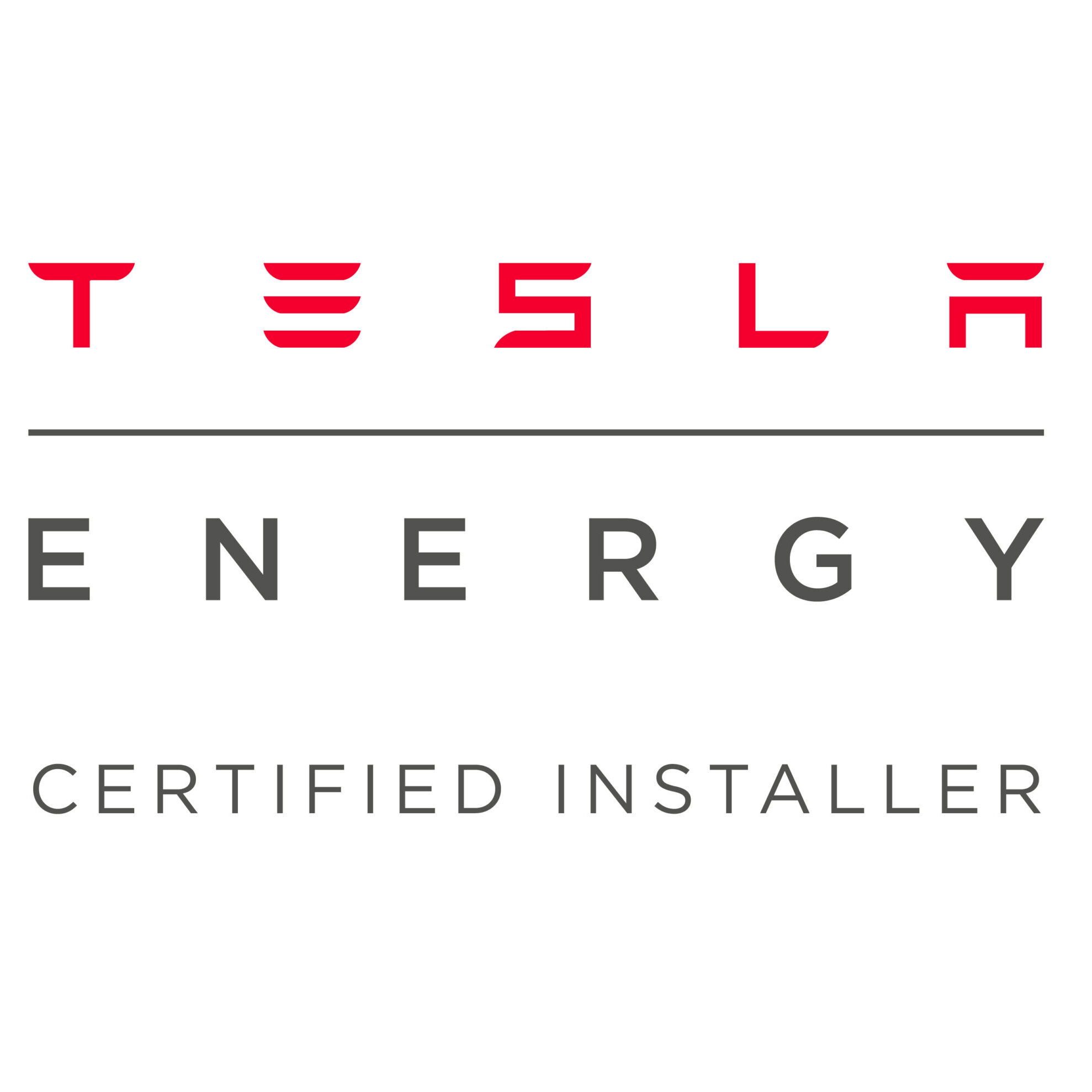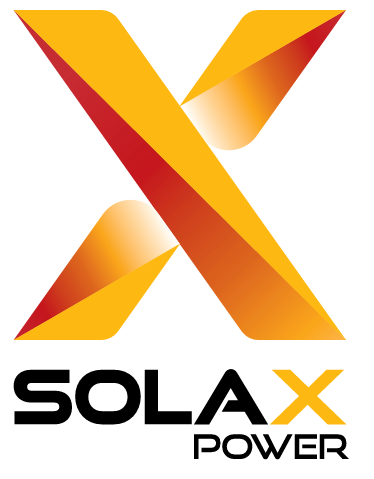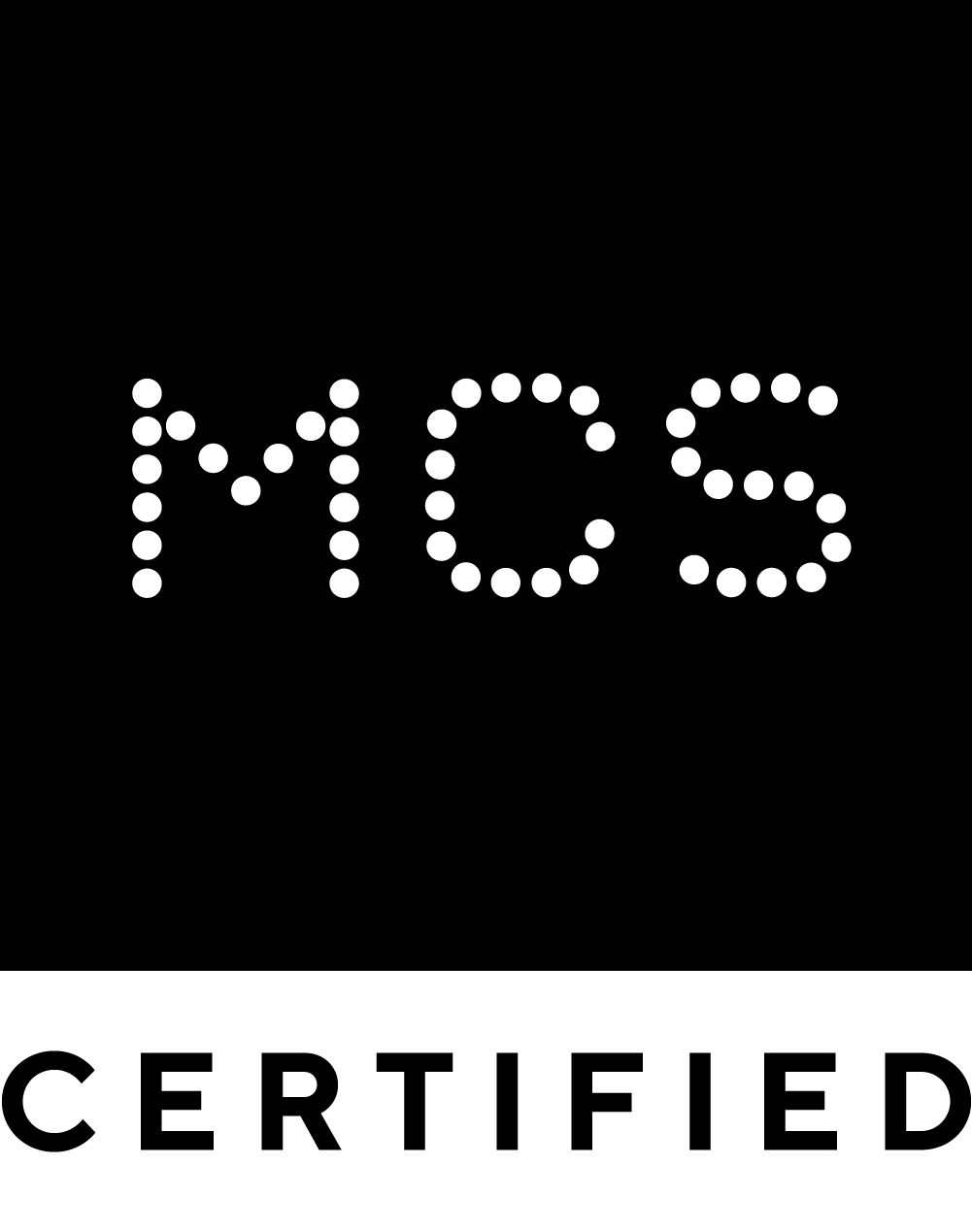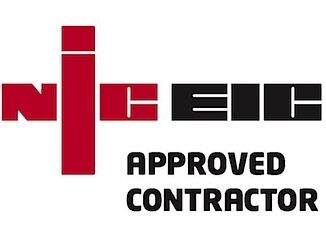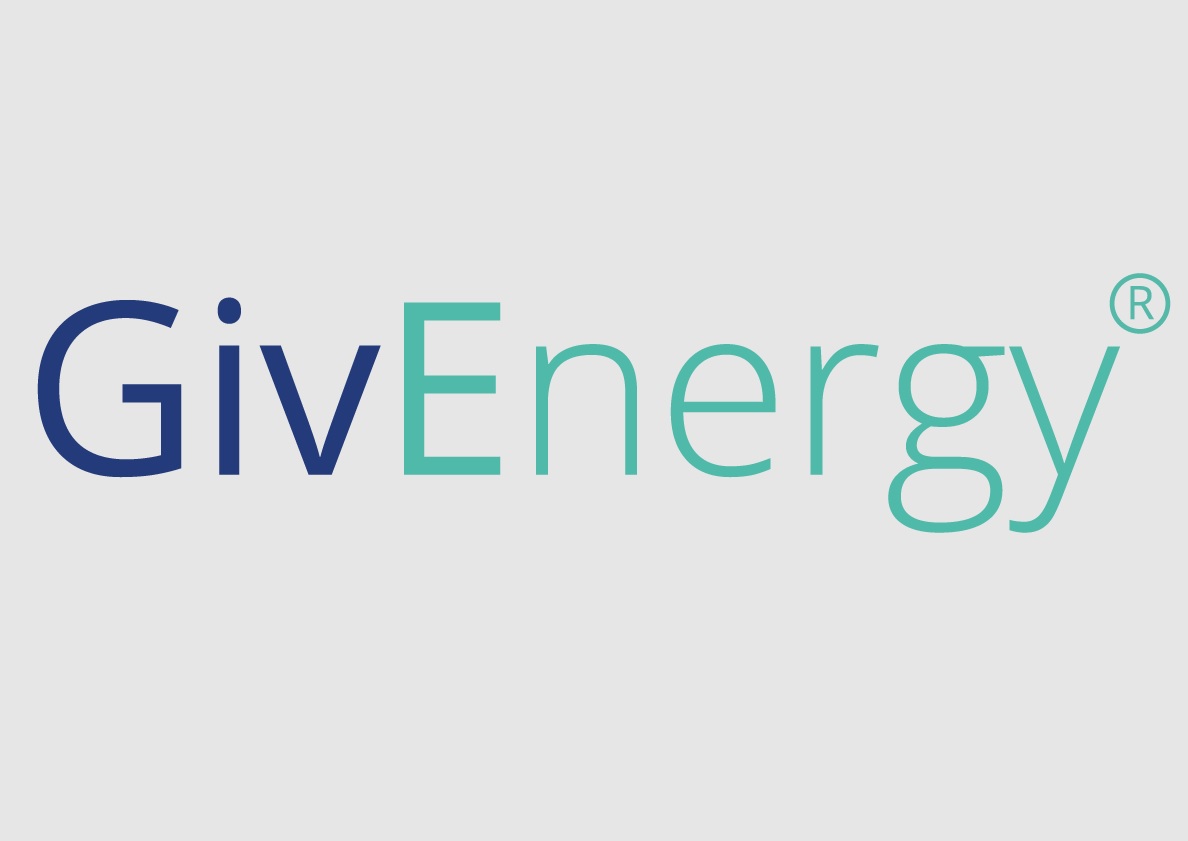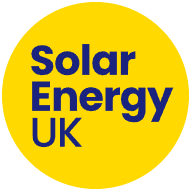Q: What is the difference between a kilowatt (kW) and a kilowatt hour (kWh)?
A: A kW is a thousand watts and a unit of power. It measures the rate of energy conversion. A kWh is the amount of work done, or energy used, when a kW of power works for one hour.
Q: What is a kWp, and how does it relate to kW and kWh
A: A kWp is the kilowatt ‘peak’ of a system. This is a standardised test for panels across all manufacturers to ensure that the values listed are capable of comparison. The test conditions for module performance are generally rated under Standard Test Conditions (STC) : irradiance of 1,000 W/m2, a module temperature at 250C and a solar spectrum of AM 1.5.
Q: Do Solar Panels create energy?
A: A basic tenet of thermodynamics is that energy is never actually created only converted; solar panels convert solar energy into electricity rather than just creating it.
Q: What is photovoltaics (solar electricity), or ‘PV’?
A: What do we mean by photovoltaics? The word itself helps to explain how photovoltaic (PV) or solar electric technologies work. First used in about 1890, the word has two parts: photo, a stem derived from the Greek phos, which means light, and volt, a measurement unit named for Alessandro Volta (1745-1827), a pioneer in the study of electricity. So, photovoltaics could literally be translated as light-electricity. And that is just what photovoltaic materials and devices do; they convert light energy to electricity, as Alexandre-Edmond Becquerel and others discovered in the 19th Century.
Q: What are the components of a photovoltaic (PV) system?
A: A PV system is made up of different components. These include PV modules (groups of PV cells), which are commonly called PV panels; a charge regulator or controller for a stand-alone system; an inverter for converting alternating current (ac) rather than direct current (dc) is required; wiring; and mounting hardware or a framework.
Q: How does the system work?
A: Daylight hits the photovoltaic cells and is converted to clean electricity. The inverter converts the electricity from direct to alternating current, for use in the home. When the solar energy system is producing more power than is needed it is exported to the grid. At night, power is imported from the grid in the normal way.
Q: Will they work in the UK and during the winter?
A: Yes. Solar panel suppliers have enhanced the efficiency of solar power systems to the extent that it is now a very viable option even in cloudier climates. The important thing to bear in mind is that solar power depends on intensity of light, not necessarily direct sunlight. So even when it’s overcast, your solar panels will be producing clean electricity to help power your home.
Q: What happens if there is a power cut?
A: For Photovoltaic systems that are entirely grid connected, in a power cut, your system is automatically switched off. This is a safety measure designed to stop electricity leaking on to the national grid and to protect individuals who may be working to restore the power supply.
Q: Does the system need batteries?
A: No, the system is connected to the national grid. In the night, when the cells are not generating energy, electricity is bought from the utility company in the normal way. Any excess electricity generated during the day, for example when you are at work, is sold back to the utility company.
Batteries have greatly come down in price and so are an added benefit to a solar installation and helps you store excess energy produced or allows utility companies to dump their excess electricity to your battery.
Q: How much energy do I need?
A: According to the Energy Saving Trust, the average 3 bedroom house consumes 3,300 units of electricity (kWh) a year (cooking and heating using non electric supply). However, we always recommend that you look at your last few bills or call your electricity supplier to find out how many units you consume, you can then compare this to the output of the system we recommend.
Q: What if I produce more energy than I need?
A: Whenever your panels are producing more electricity than your home is using, it will flow back into the grid for other homes to use or be stored in your battery if your installation includes one. As long as you have an arrangement with your energy company, you’ll be paid for this power so you can be sure your energy bills will be even less and none of your clean, green electricity will be wasted.
Q: What does energy conversion efficiency mean?
A: The conversion efficiency of a photovoltaic (PV) cell, or solar cell, is the percentage of the solar energy shining on a PV device that is converted into usable electricity. The sun produces a lot of energy in a wide light spectrum, but we have so far learned to capture only small portions of that spectrum and convert them to electricity using photovoltaics. Solar panel efficiency is generally about 15% to 20% efficient but can reach 42%. And many PV systems degrade a little bit (lose efficiency) each year upon prolonged exposure to sunlight. For comparison, a typical fossil fuel generator has an efficiency of about 28%.
